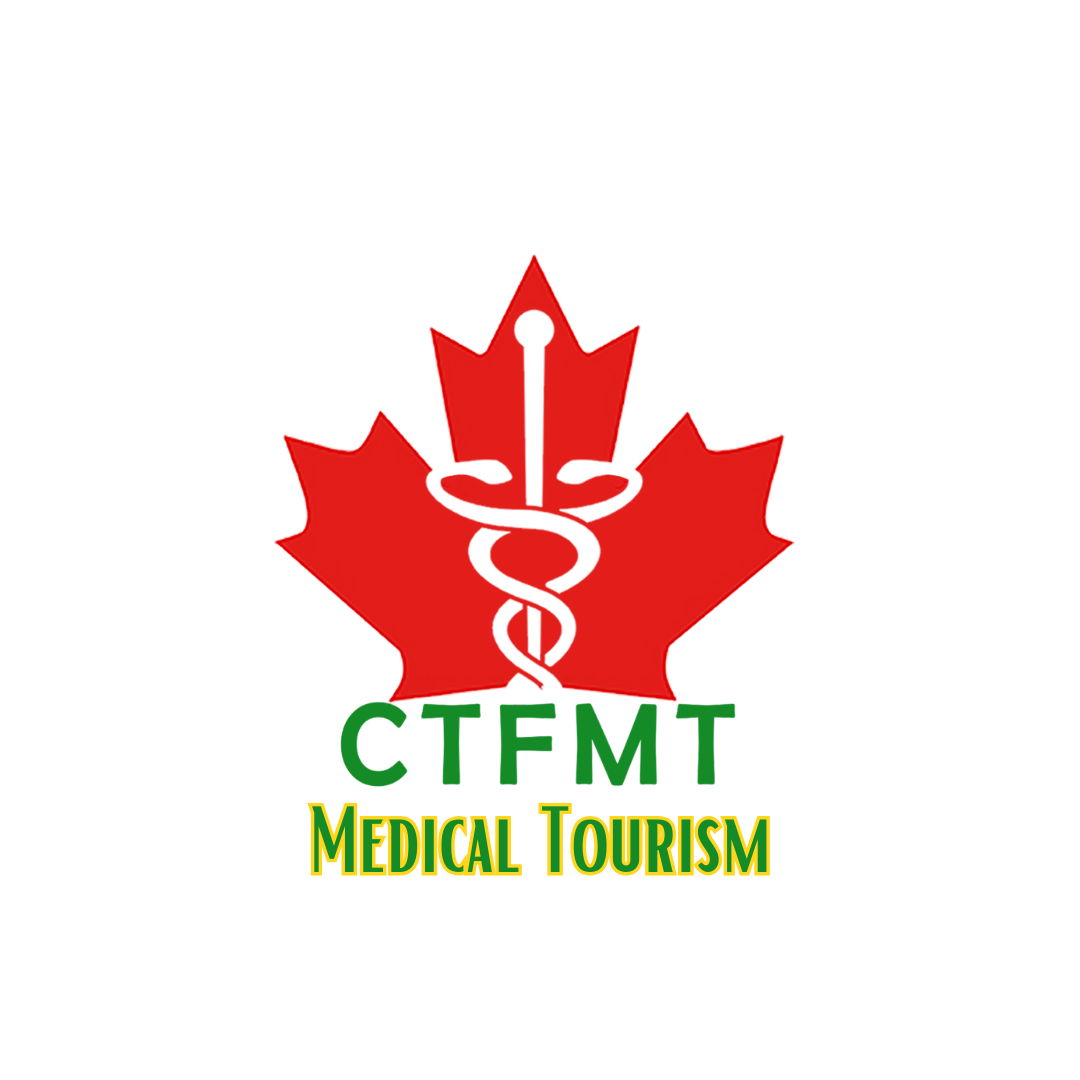Epidemiological Surveillance Program
CTFMT Highliths the “Epidemiological Surveillance Program” implemented in Cuba is a comprehensive initiative designed to prevent the spread of diseases with high impact and to promote healthier lifestyles among the population. The program is characterized by its integration of advanced technology, specialized medical services, and a focus on diagnosing, controlling, and surveilling various diseases. Here’s an overview of the program’s components, medical services, equipment, and its impact:
Components of the Program:
- Preventing Disease Spread: The program’s primary objective is to prevent the rapid spread of diseases with significant impacts. It achieves this by actively monitoring disease trends, identifying outbreaks early, and implementing interventions to contain and control the spread of these diseases.
- Promoting Healthier Lifestyles: In addition to disease surveillance, the program also emphasizes the promotion of healthier lifestyles. This includes education and awareness campaigns that encourage the adoption of practices that can reduce the risk of disease transmission.
Medical Services:
- Specialists in Internal Medicine: These medical professionals specialize in diagnosing and treating a wide range of diseases affecting internal organs and systems.
- Specialists in Pediatrics: Pediatric specialists focus on the health and well-being of children, ensuring early diagnosis and treatment of childhood illnesses.
- Masters in Infectious Diseases: Experts in infectious diseases provide specialized knowledge and guidance for the management of diseases with infectious origins.
- Specialists in Epidemiology: Epidemiologists play a crucial role in tracking disease patterns, studying their causes, and devising strategies for their control and prevention.
- Bachelor of Clinical Laboratory: Laboratory professionals carry out diagnostic tests and analyze samples to aid in disease detection and monitoring.
- Vector Technicians: These technicians specialize in identifying and controlling disease vectors (organisms that transmit diseases), such as mosquitoes in the case of diseases like Dengue.
Equipment and Diagnostic Kits:
- The program utilizes advanced medical equipment and diagnostic kits to accurately test and diagnose various diseases, including HIV, Hepatitis B, Hepatitis C, Dengue, and Chagas disease.
- Diagnostic kits like UMELISA HIV 1+2 Recombinant, UMELISA HCV, UMELISA HBsAg PLUS, UMELISA HBsAg confirmatory, UMELISA Anti HBsAg, UMELISA Anti HBC, UMELISA Anti HBC IGM, UMELISA Chagas, and UMELISA Dengue IgM PLUS are used for detecting specific infections.
Impact of the Program:
- The program has a significant impact on reducing the incidence and prevalence of diseases such as HIV, Hepatitis B, Hepatitis C, Dengue, and Chagas disease.
- Through active surveillance and early intervention, the program helps identify and manage disease outbreaks before they escalate, thereby limiting their impact on public health.
- By promoting healthier lifestyles and disease prevention strategies, the program contributes to a healthier population overall.
In summary, Cuba’s “Epidemiological Surveillance Program” combines advanced technology, specialized medical services, and disease monitoring to prevent the spread of diseases with high impacts. Through its emphasis on disease control, early detection, and promoting healthy behaviors, the program plays a crucial role in safeguarding public health and well-being.
